How to Feel Satisfied After Eating (Principle 5)
- July 14, 2020
- Last Updated: April 15, 2023
- 0 Comments
- Intuitive Eating
When you eat what you really want, in an environment that is inviting, the pleasure you derive will be a powerful force in helping you feel full and satisfied and content. By providing this experience for yourself, you will find that it takes much less food to decide you’ve had “enough.”
As an Amazon Associate, I may earn from qualifying purchases. You can read more here on our Disclaimer and Privacy Page.
I should preface this by saying that the satisfaction principle as originally listed as #6.
But, the newest edition of intuitive eating has a few changes with the principles, and it’s now #5, while feeling your fullness is #6.
I don’t think the numbers are all that important, but learning how to feel satisfied after eating is important!
Refresher? Here are the 10 principles of intuitive eating.
What do you think of when you hear the word, “satisfaction?”
Personally, I think of a form of peace and happiness. A relief that I don’t need to be thinking about or worrying about food anymore.I’ve reached a point where my body has told me it is content.

Why is Feeling Full and Satisfied Important?
Satisfaction is often considered the “hub” of intuitive eating. To reach satisfaction, a meal includes foods you enjoy, and generally, a variety of foods (ie- not just protein).
Choosing to eat a salad when you really want a burger will not lead to satisfaction. This image is from the book that really shows how it ties into the other principles.

So, you may be wondering…
How is Satisfaction Different From Fullness?
Do you ever feel full but not satisfied after eating?
That’s because they are slightly different.
Fullness is typically more of a physical feeling, while satisfaction encompasses so much more.

Satisfaction encompasses:
- the environment you’re eating in (is it pleasurable?)
- your hunger level when you start the meal
- how quickly you eat the meal
- whether you enjoy the meal
- are you eating what you really want vs. what you think you should eat?
- are you satisfying an emotional craving?
- whether it’s foods you like and want
- gentle nutrition intuitive eating principles
- anything happening in the background
- are you wearing comfortable clothes and eating without body bashing?
- whether you’re in the reject the diet mentality stage when you’re eating that food (are you labeling foods as “good”/”bad”)
Some points about satisfaction:
- If you eat when you’re ravenous (like a 1 or a 2 on the hunger scale, there’s a small chance you’ll actually remember and enjoy the meal.
- If you eat when you’re not very hungry, it will be hard to reach any satisfaction because you’re not in a mood or setting where you want to eat.
- If you’re in a foul mood or fight with a family member, do you really think you’ll remember and enjoy that meal and experience? Probably not.
Since fullness is more physical, it may feel easier to tune into at first, using the intuitive eating hunger scale.

Reigniting the Pleasure with Food
With a prevalent diet culture around us, we forget that food should be pleasurable. It shouldn’t just always be a robotic experience. It is emotional and social.
The Japanese promote pleasure as one of their goals in healthy eating. Imagine that – pleasure in “healthy eating!” Here in America, we demonize certain foods and make people think they need to suffer through foods they don’t enjoy to be healthy.
We take away autonomy from the person to make pleasurable food choices for himself or herself.
Enjoying pleasurable food should not spark food guilt or shame. Yet, there is this fear that if you allow yourself to actually enjoy food, it will lead to out of control eating or binge eating.

What we see happening as a result of intuitive eating and the research is the exact opposite. Meaning, once you let yourself enjoy food, the result will not be out-of-control eating, but a self-limiting way of eating. Your body will come to trust you.
Why does this happen? Because deprivation is what sparks backlash eating and the “last supper mentality.”
Grab my FREE hunger scale for athletes.
Grab Our Meal Prep Ebook to Finally Conquer Meal Prep in the Kitchen
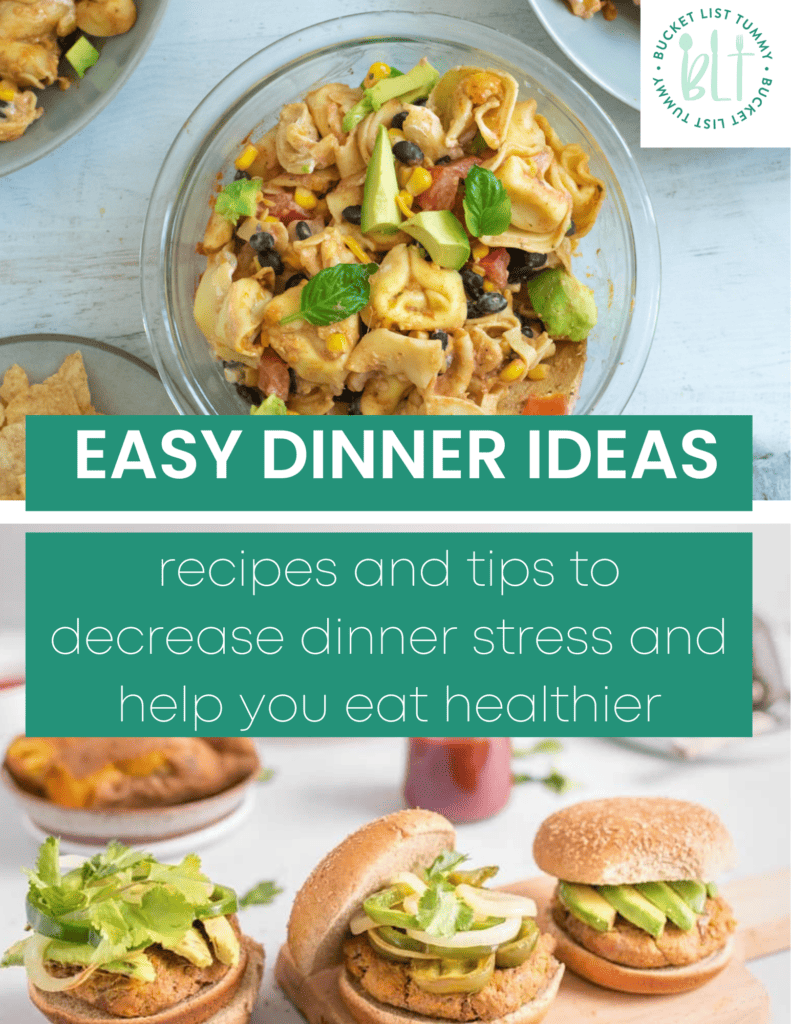
Eat What You Really Want to Eat
The idea of always eating exactly what you want to eat the moment you want it is based in extreme privilege. But, to simplify it, we do want you to eat foods that you like and enjoy. This will lead to a more satisfying eating experience.
Along with eating foods you like and enjoy, give yourself permission to not clean your plate if you feel done or are no longer enjoying the food.

You are not obligated to finish eating a food just because you started eating it.
If the food stops tasting good, you have permission to stop eating it!
Include Sensual Qualities You Enjoy
Don’t underestimate how great and enjoyable a meal can be for your senses. The smell of a lovely cooked meal from the kitchen. Different flavors, like crunchy, salty, and bits of sweet. What kind of texture do you enjoy?
Is the meal served warm or cold and does that affect how much you want to eat it and how much you enjoy it?
Are you in the mood for something light and refreshing, or comforting and heavier? All of these qualities measure.
Check In With Your Eating Environment
Is the environment warm and pleasant? The environment plays a large role in helping to make the eating experience more enjoyable. Is the tv on?

We like to have some light music playing in the background, especially if it’s a date night. I enjoy the social atmosphere of eating out with others (not right now, obviously). To me, that’s a more pleasurable environment that eating alone.
Sitting at the table together with other family members is often an enjoyable experience. But think about topics of discussion that are appealing, rather than triggering.
Also, part of the eating environment is allowing yourself enough time to eat. While some meals may be rushed due to time, scheduling and other obligations, it’s generally much more pleasurable to take your time when eating.
All of these qualities play into satisfaction.
Eat a Variety of Foods
Nutritionally speaking, eating a variety of foods is beneficial, but it also stimulates different taste buds and prevents taste fatigue.
According to Resch and Tribole, “a lack of appealing food choices creates a sense of deprivation and promotes a creative food foraging experience that never seems to produce a satisfying result.”
Satisfaction Leads to Eating Less Later
If you eat to satisfaction, you won’t have that voice constantly aging you in your head and you won’t continuously think about food.
You’ll reach a point of physical, mental and emotional contentment.
Think about a meal where the food met your senses – it smelled good, it tasted good, the company was fantastic, and you weren’t worrying about calories and numbers.
When you eat what you really want and what your body is asking for, it has less reason to ask for more later.

This allows your brain power to be spent elsewhere and focus on other things, besides food.
Remember, It Doesn’t Have to Be Perfect
Sometimes you’ll underneath, sometimes you’ll overeat. You’re a fluid human being so this is to be expected. Your nutrition needs will vary by the day.
Some days you’ll feel hungrier, and others, you’ll feel less hungry. Your taste buds may change from time to time. You may crave a salad on some days, and not want anything to do with vegetables a few days later.
All of that is completely normal. Intuitive eating is living in the gray, not the black and white!

What are your thoughts?
What questions do you have?
Support Bucket List Tummy









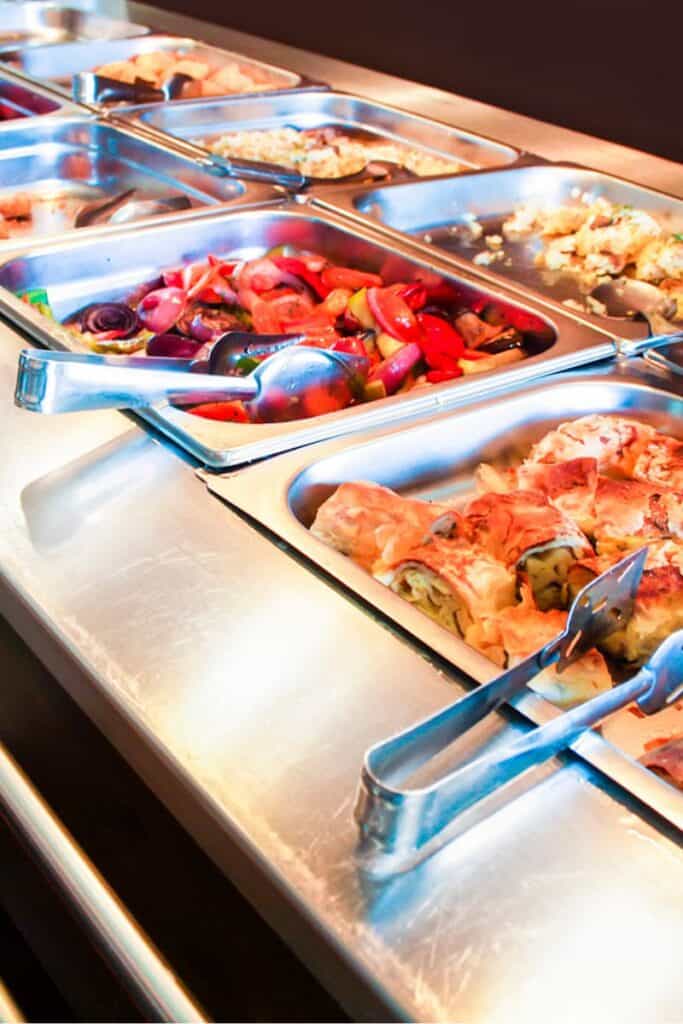


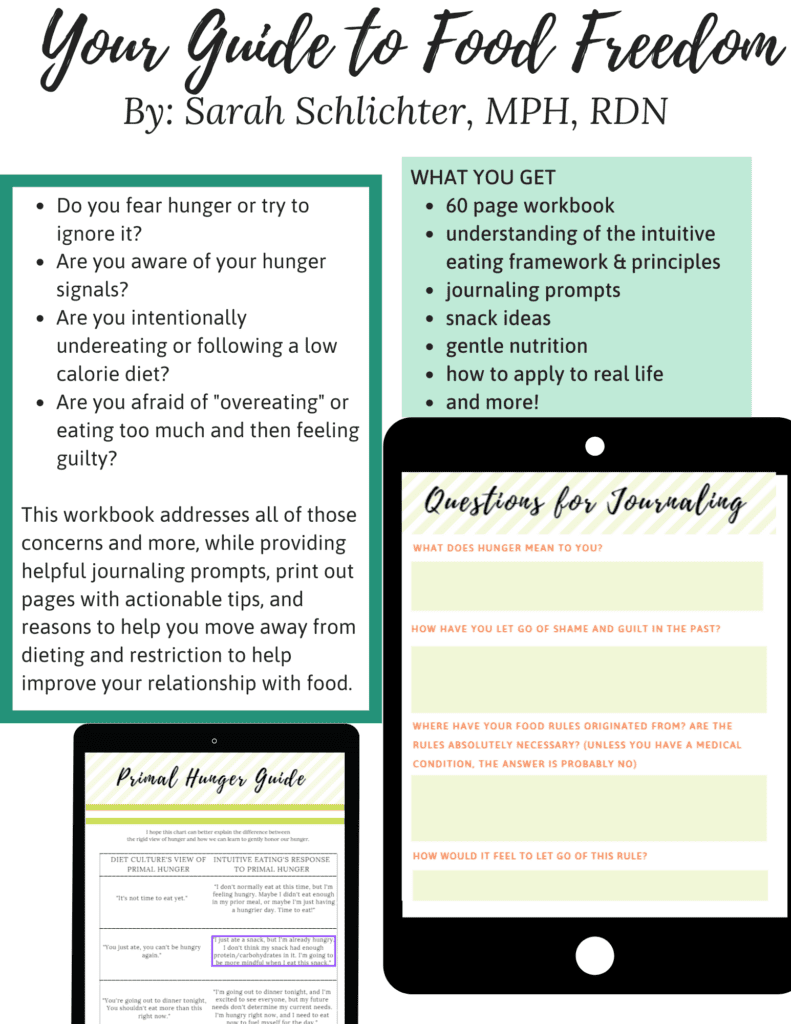


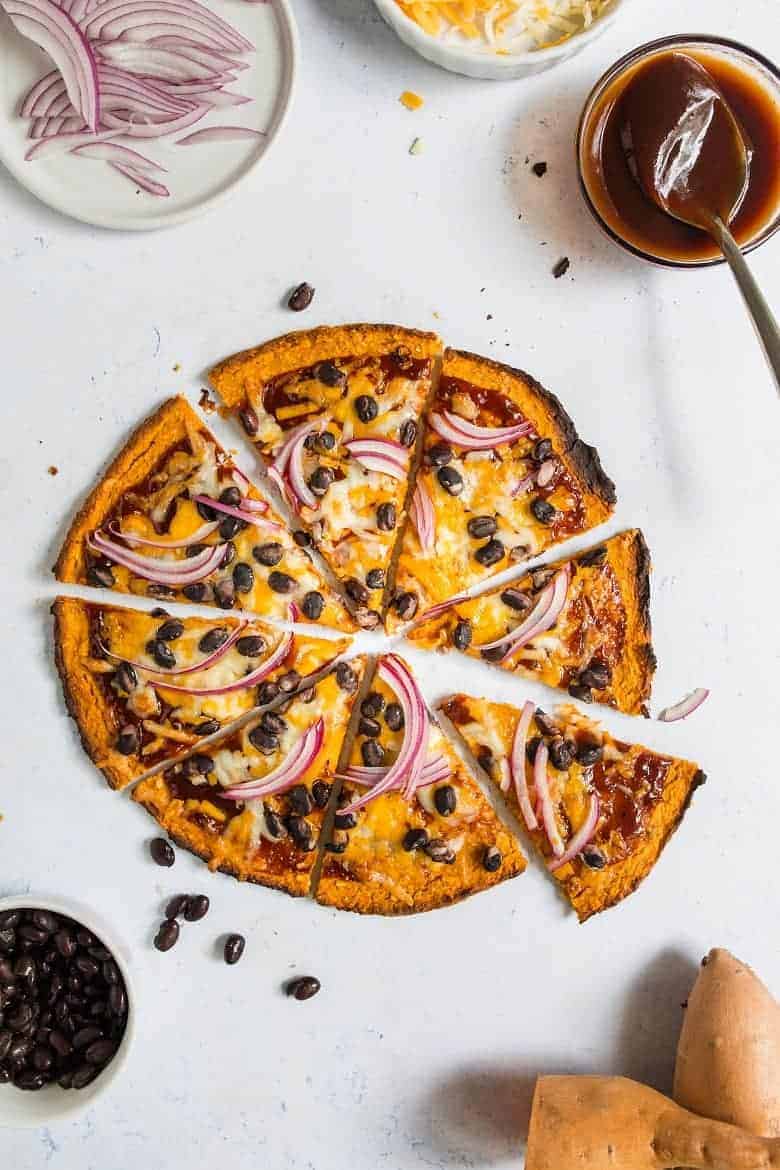
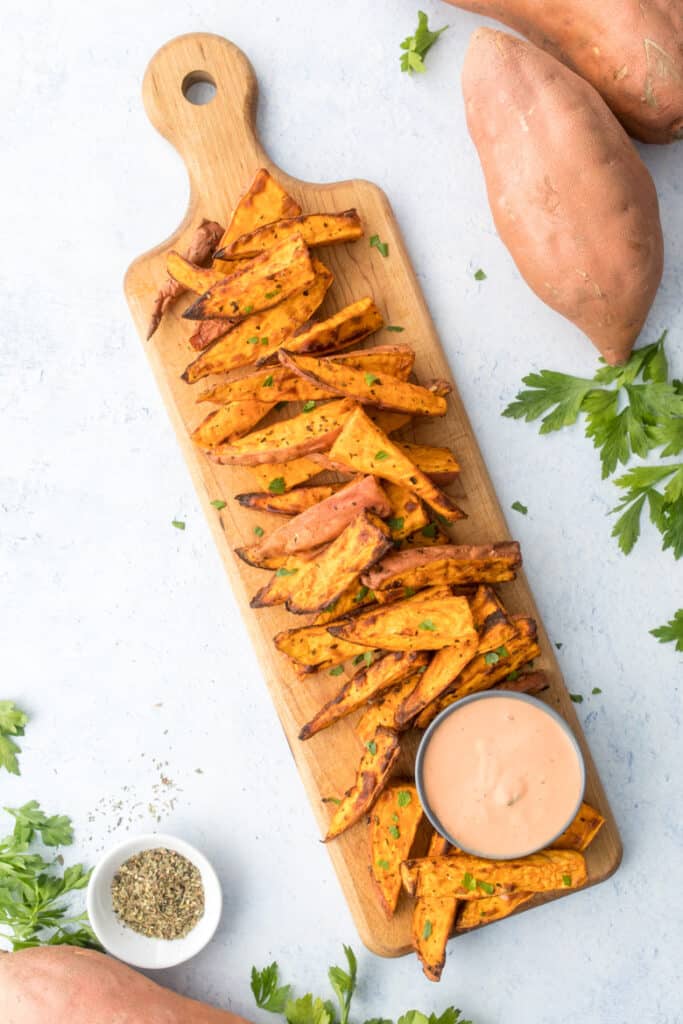

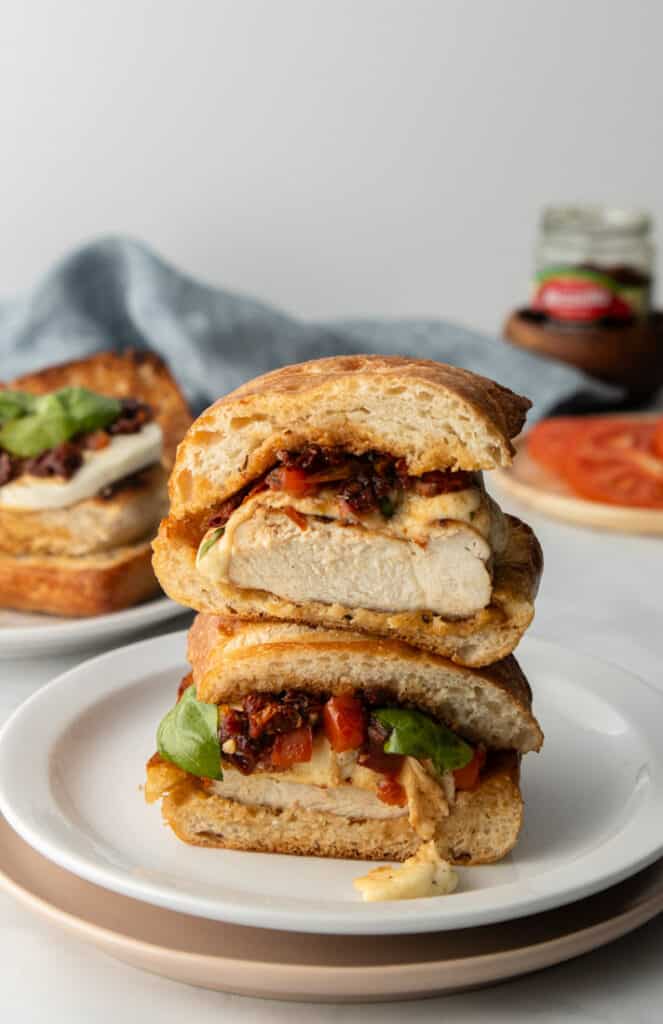
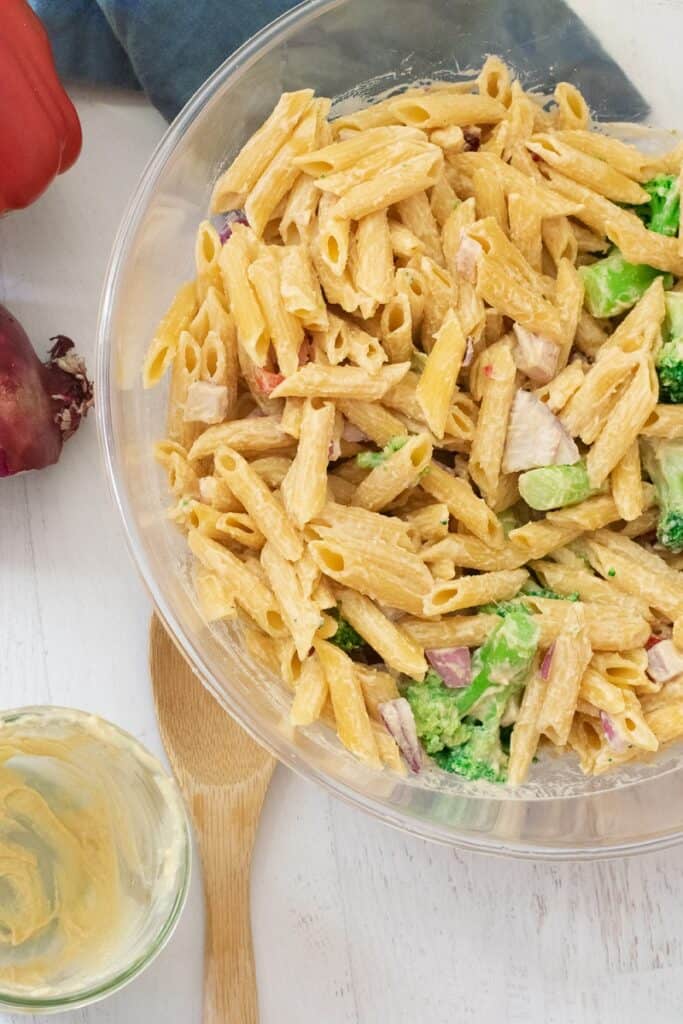





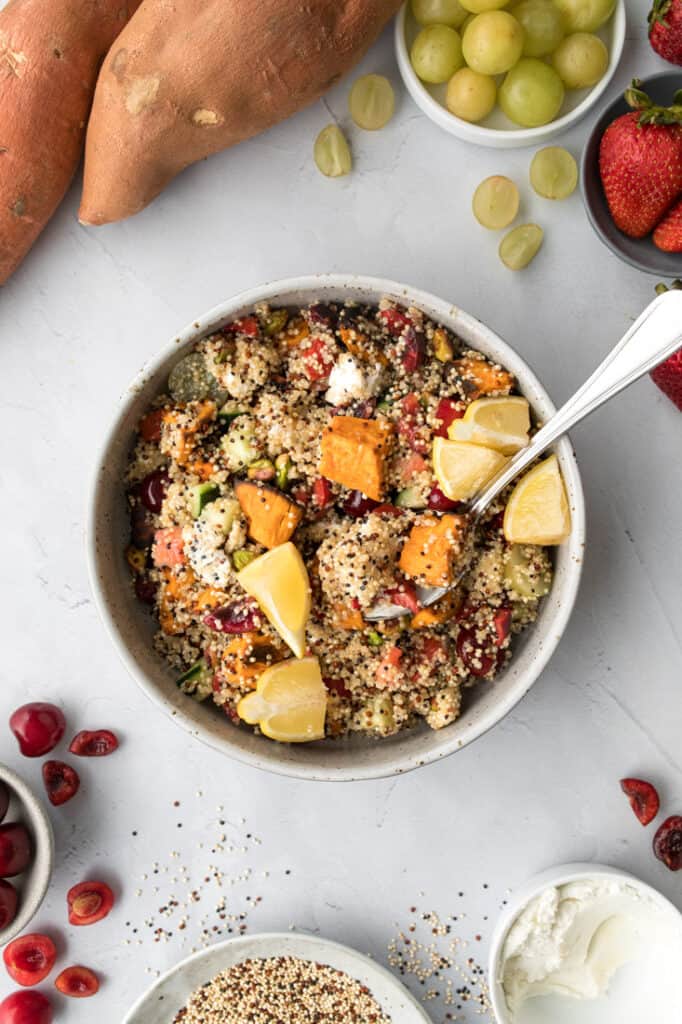


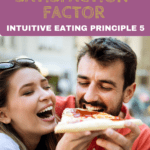
Like This Content?
Support Bucket List Tummy